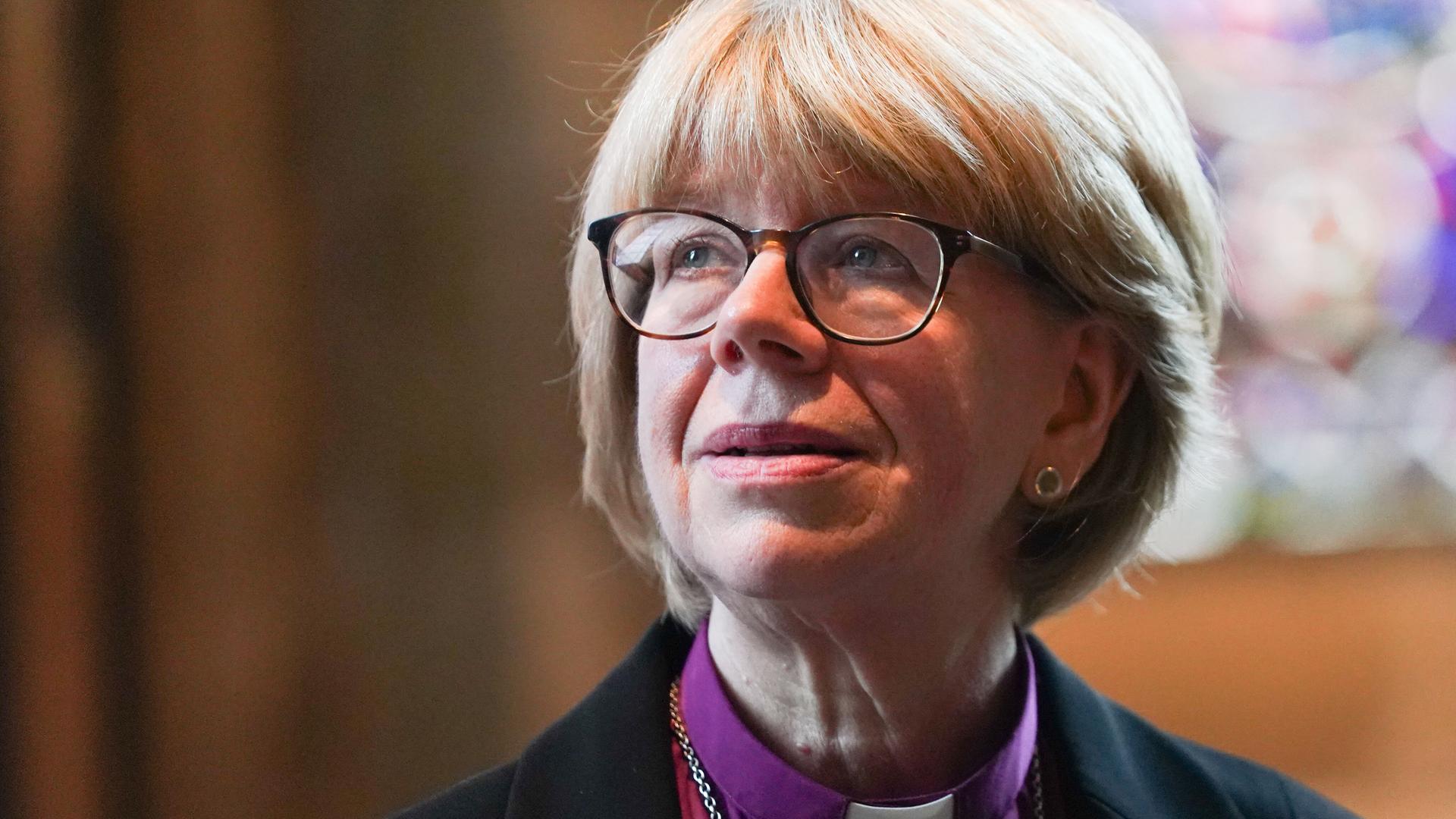Sarah Mullally: A Pioneering Leader in the Church of England

Introduction
Sarah Mullally, the Bishop of London, is a significant figure in the Church of England, whose leadership and vision resonate across society. Since her appointment in 2017, she has been at the forefront of advocating for inclusivity and social justice, making her an influential voice not only within the church but also in broader societal issues.
Background and Appointment
Born in 1961, Sarah Mullally began her career in healthcare as a nurse and midwifery leader before being ordained. She has held several key positions within the Church of England, including the Bishop of Crediton. Her elevation to the role of Bishop of London marked a significant moment in the church’s modern history, as she became one of the first women to hold such a high-ranking position.
Advocacy and Accomplishments
Throughout her tenure, Mullally has focused on issues such as mental health, homelessness, and climate change. Her advocacy for mental health awareness is particularly noteworthy, as she has openly discussed her experiences and the critical need for increased support and resources. In her role, she has launched initiatives and partnerships aimed at aiding the most vulnerable in society.
Moreover, her commitment to social justice has seen her engage actively with various communities in London, promoting dialogue and understanding across different faiths and beliefs. This has led to her being recognised as a key figure in interfaith relations, working towards a more cohesive and tolerant society.
Recent Developments
Recently, Mullally has propelled discussions on the Church’s role in addressing contemporary issues, including the challenges posed by the COVID-19 pandemic. She has been instrumental in ensuring that church services remain accessible while adapting to the changing landscape brought about by the crisis.
Her recent speeches and public engagements highlight a church that not only seeks to serve its congregation but also aims to be a proactive participant in addressing global challenges. Mullally advocates for a church that is not afraid to tackle hard subjects and adapt to modern societal needs.
Conclusion
As the Bishop of London, Sarah Mullally’s influence extends beyond church doors into the fabric of London and the UK. Her commitment to social issues and active engagement with the community positions her as a pivotal figure for the future of the Church of England. With her leadership, there is potential for the church to evolve and remain relevant in the face of contemporary challenges.
Looking ahead, Mullally’s vision may continue to inspire new generations of leaders in faith and beyond, underscoring the essential role of the church in fostering inclusivity, understanding, and social responsibility.
You may also like

The Inspiring Rise of Sasha Riley in Entertainment

Kenny Logan: The Journey of a Rugby Star
